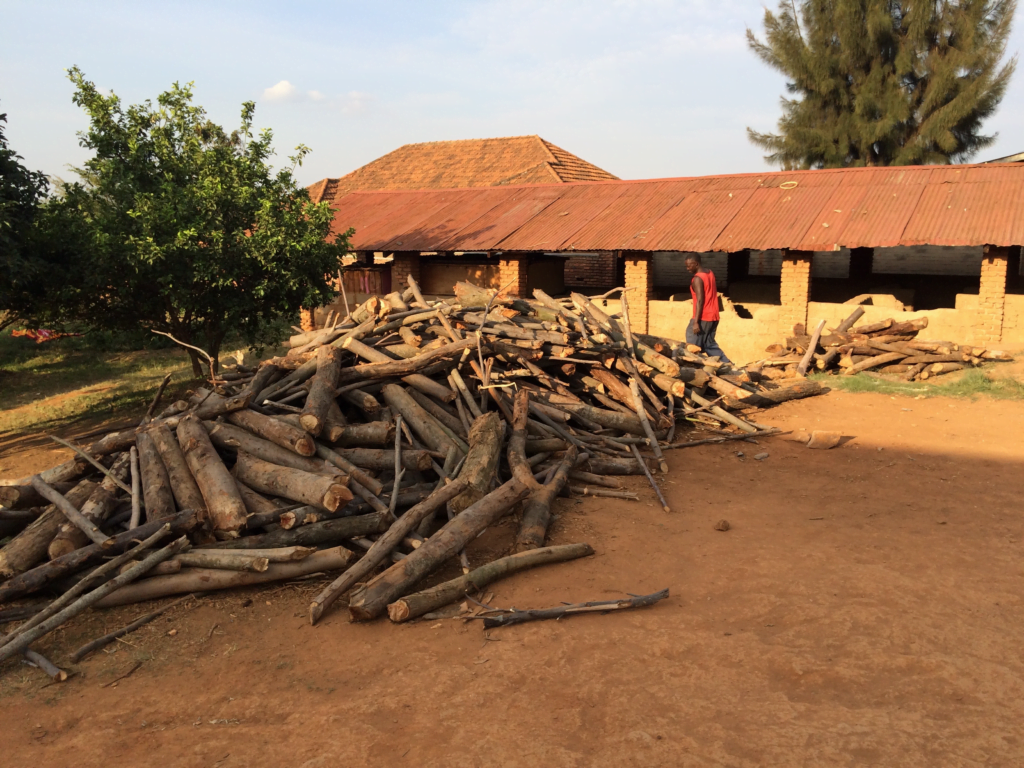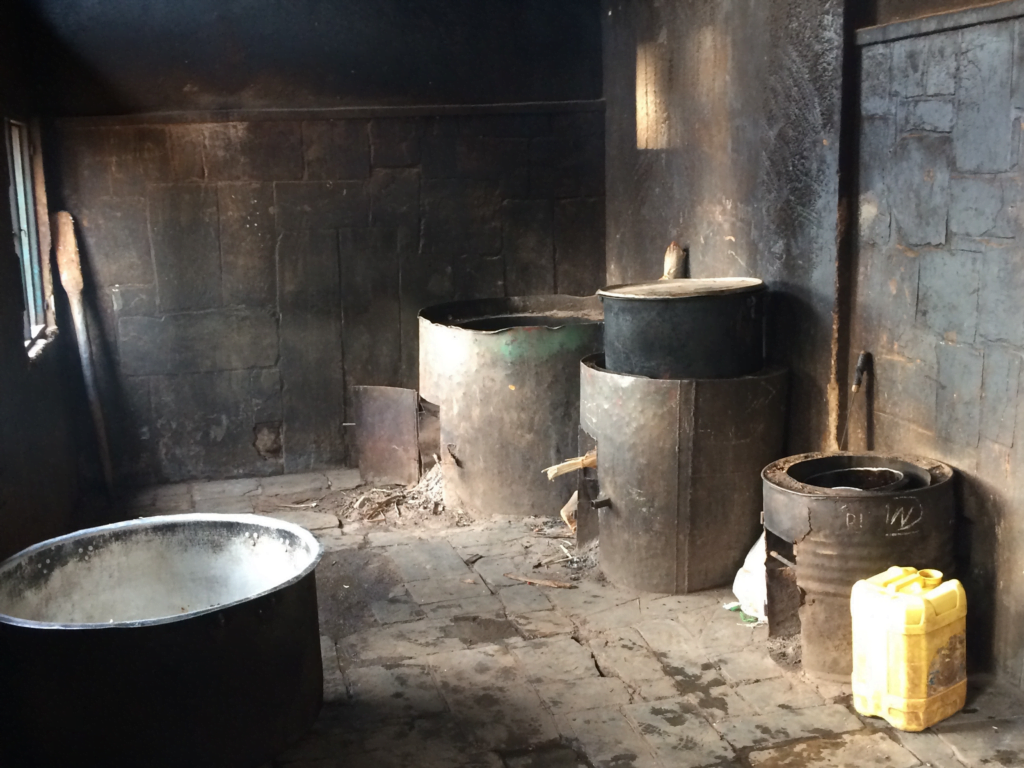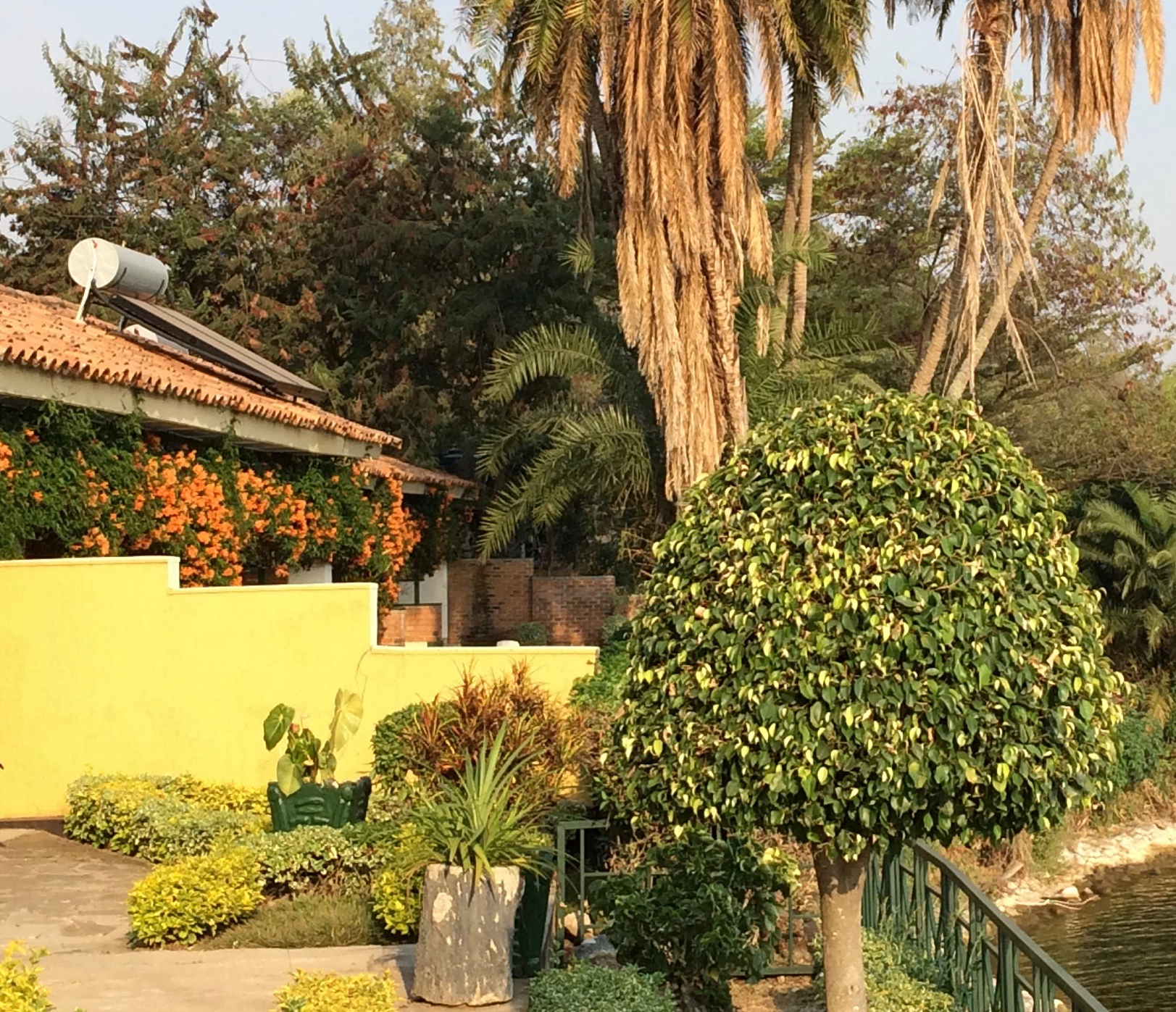Rwanda: Solar projects for water heating and irrigation
Citizens and organizations in Rwanda are facing a number of conditions that constitute severe obstacles to the use of renewable energy.
The lack of financing options is one of the main obstacles to the implementation of renewable energy. Especially the difficult access to loans is a major hurdle to that end. Credit assessments for low income families in Rwanda are extremely complicated. In addition to that, solar systems like SHS or solar heaters are not considered as assets for loans from bank perspective. Therefore it is extremely difficult for low and medium income families and organizations to receive a bank loan for financing such products. If they do, the rate of interest is very high – usually between 10% and 20%. As most people and organizations do not have the financial capacity to buy a solar system and pay the total amount immediately they have to accept those extremely high interest rates.
One Climate World offers a viable solution to this problem. The international cooperative can provide capital on good terms via the Rwandan subsidiary. Additionally, by buying in bulk, the cooperative can buy products at better conditions and pass them on to its members, which will benefit from an easier access to solar products and higher financial flexibility at the same time.
As a first step, we want to focus on two areas where there is still a great need for action: Solar thermal water heating and solar irrigation.
Solar Thermal Water Heaters
In Rwanda, citizens and small organizations like schools, hostels etc. usually use firewood or charcoal to heat water. This is both expensive, unhealthy and climate destroying because of cutting the forests.


An alternative is to heat water by solar heaters. They can be used in a twofold way. To heat the water for showering in hostels or private houses or to preheat the water for cooking.
In both cases the quantity of firewood or charcoal can be reduced.
The costs for solar heaters are around 1,700 Euros and have to paid fully when buying. Mostly, people and organizations cannot afford to pay such a system at once.

One Climate World aims to deliver solar heaters at reasonable conditions. On the one hand, costs can be reduced by buying in a bulk. On the other hand One Climate World will provide the systems by a rent-to-own model. Users pay regular installments that they can afford. After a certain time, when the purchase price has been paid off, the solar system can pass into the hands of the user.
By this, the use of solar thermal heaters can reduce costs, save emissions and improve the livelihood of people.
Solar Irrigation
70% of Rwandan citizens rely on agriculture. A lot of them suffer from droughts.
Solar irrigation can improve the yields and by this the income and the livelihood of farmers.
Solar irrigation systems are used in agriculture to irrigate the farm land. They consist of a solar energy panels, an electrical pump and pipes to distribute the water. There are both small applications which can be moved as well as big systems.
Costs differ according to the size of systems. Small systems which can be moved between different farm lands and which can be used by around 4 families cost around 2,000 €. The government provides subsidies between 50 and 70% .
One Climate World aims to target small farmer groups and women cooperatives. Both are organized or supported by the partners Presbyterian Church of Rwanda (EPR) and Rural Development Inter-Diocesan Service (RDIS) who have access to numerous communities.
The costs for a small solar irrigation system are around 2,000 €. With a subsidy by the government of € 1,000 € per system the cost can be reduced to € 1,000 €.
One Climate World will do the initial investment, pay for the delivering of the solar irrigation systems to the farmers. The farmers pay installments for the use of the systems. They should pay preferably after the harvest when they got income. The pay back period of the invested amount will differ between 6 months and 3 years.
